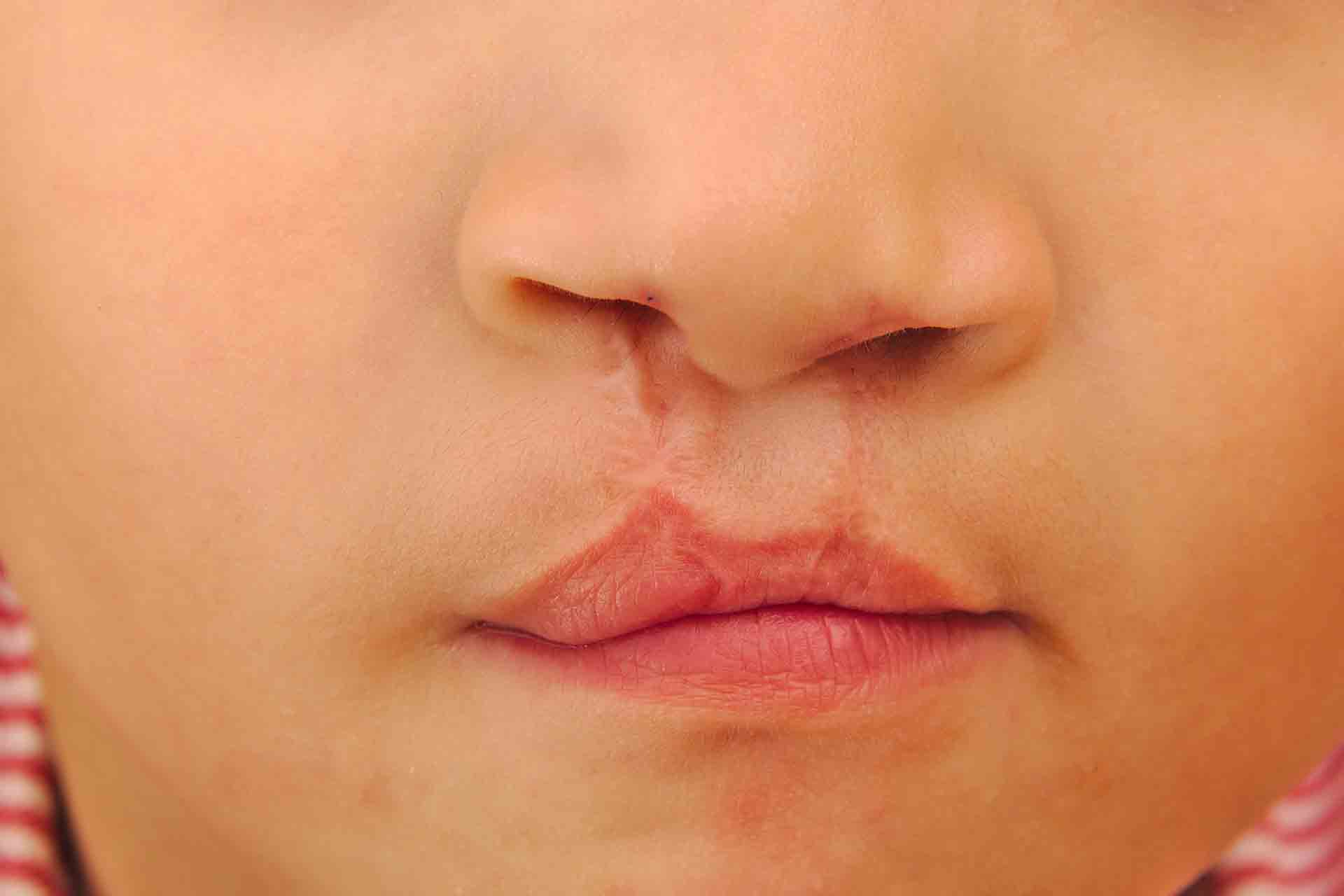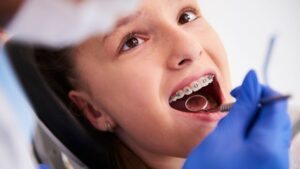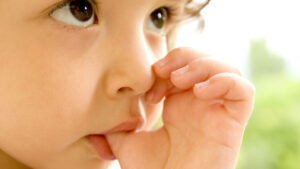Present in children and adults, Orofacial Myofunctional Disorder or OMD refers to an unusual, adaptive pattern that appears in the tongue, lips, jaw, and facial muscles in place of usual patterns. The development of an OMD is probably the most significant problem that can arise from the persistence of these abnormal tongue placements, swallowing patterns, and movements. OMDs can affect both adults and children and are generally defined and recognized as a loss or absence of nasal breathing.
OMD are abnormalities in parts of the mouth and face, affecting normal growth, development and functions of orofacial structures. They disturb the tongue position during rest, swallowing, and speech.
- Distorted productions of some soundsDrooling and poor oral control, past the age of 2.
- Open mouth, habitual lips-apart resting posture
- Structural abnormalities of the orofacial structure
- Dental abnormalities
- Abnormal tongue rest posture
- Distorted productions of some sounds
- Speech irregularity.
- When speaking or swallowing, the tongue pushes up against or between the teeth.
Coping with this disorder involves working with a specialist who can offer specialized exercises and procedures to improve muscle function and re-establish correct habits through a speech therapist or orofacial myofunctional therapist. In addition to managing Orofacial Myofunctional Disorder (OMD) symptoms, simple lifestyle changes like good breathing and posture can also assist. Progress in OMD treatment depends on being consistent and patient. Many OMD patients can enhance their quality of life and lower their risk of developing other oral health problems with the right treatments.
Therapy for Orofacial Myofunctional Disorders (OMD) consists of exercises and methods intended to enhance a person’s breathing patterns, tongue posture, and oral muscle function. Dietary and lifestyle modifications may also be discussed during therapy sessions to help with the symptoms of OMD. To assist with pronunciation and speech patterns, speech therapy may also be included in OMD therapy. Individuals with OMD can significantly enhance their capacity to breathe, eat, speak, and swallow through routine therapy sessions, which will ultimately enhance their quality of life.
At TBC, our Lebanese Therapists in Dubai provide therapy sessions in Arabic, French, and English to help clients overcome mental health challenges such as anxiety, depression, and trauma, as well as occupational therapy, psychomotor and speech therapy.




